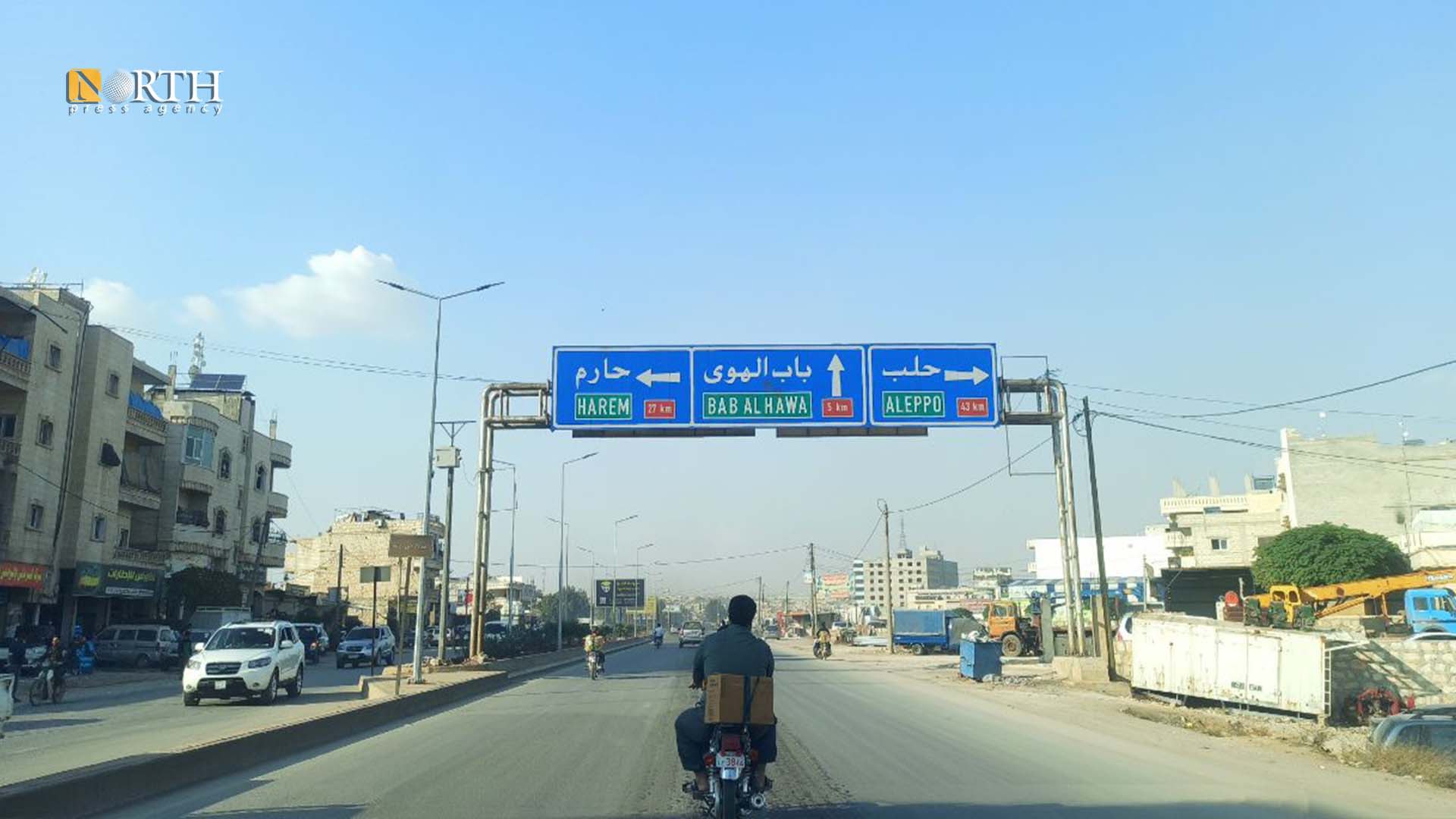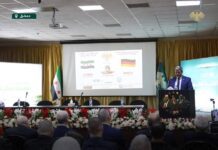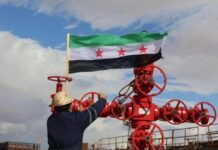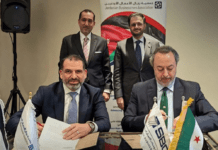
Syrian President Ahmad al-Sharaa’s campaign to stamp out corruption places the former revolutionary commander into a new kind of battle with the the lingering ghosts of the former regime–one for the legitimate governance of a nation long scarred by cronyism and abuse.
At an August 30 meeting in Idlib province—his first outside Damascus since taking office—Sharaa scolded officials and business leaders for arriving in luxury vehicles. “Have you forgotten you are the sons of the revolution?” he asked, according to attendees quoted by Reuters. Despite sensationalized accounts of keys and property being seized or attendees arrested, Syria’s Ministry of Information later described the gathering as informal and denied any such actions.
The exchange was evidence of long-time concerns regarding the broader challenges of how to pivot from insurgency to statehood without replicating the excesses of Bashar al-Assad’s regime, which Sharaa ousted 10 months ago after 14 years of long-fought conflict..
Family and the Fault Lines of Reform
Even within his inner circle, the anti-graft message has bucked longstanding regional norms. While Sharaa’s brothers Hazem and Maher hold senior posts in the new administration, a third brother, Jamal, does not work for the new government in any capacity. Six officials and business figures told Reuters that Jamal’s Damascus office, which handled import, export and tourism deals, was “shut down in August amid allegations that he exploited family ties for personal enrichment.”
The Information Ministry confirmed the closure, saying Jamal “was not permitted to work as an investment or commercial entity.” A relative said the president later convened a family meeting to warn against using his name for profit. The move marked a rare public rebuke in a region where family loyalty often trumps political principle—and where the line between authority and nepotism has historically been thin.
Fighting Corruption in a Fragile System
Sharaa’s government has also detained two lawyers tied to the newly formed Syrian Sovereign Fund, which manages hundreds of confiscated assets linked to Assad-era figures. The lawyers are under investigation for alleged theft, the ministry said, adding that the charges “have not yet been proven.” Members of the fund’s oversight committee are also being questioned for suspected wrongdoing.
Still, corruption complaints persist. Nine Syrian businesspeople and officials told Reuters they were forced to pay bribes to recover seized property or secure employee releases. One industrialist said he paid $100,000 to free a detained worker. Authorities insist such cases are isolated and that those accused face “immediate investigation.”
A Battle for Legitimacy
Analysts say Sharaa’s success in eradicating graft could determine whether a post-Assad government delivers genuine reform or devolves into another cycle of exploitation. “He’s not a product of state institutions but of a faction,” said Hussam Jazmati, a researcher on Islamist movements. “If loyalists start taking the spoils of war, his ability to consolidate power will be threatened.”
For a leader who rose from the rigors of revolution, Syria’s toughest fight may be ensuring that Syria’s new order does not inherit the rot of the old one.








